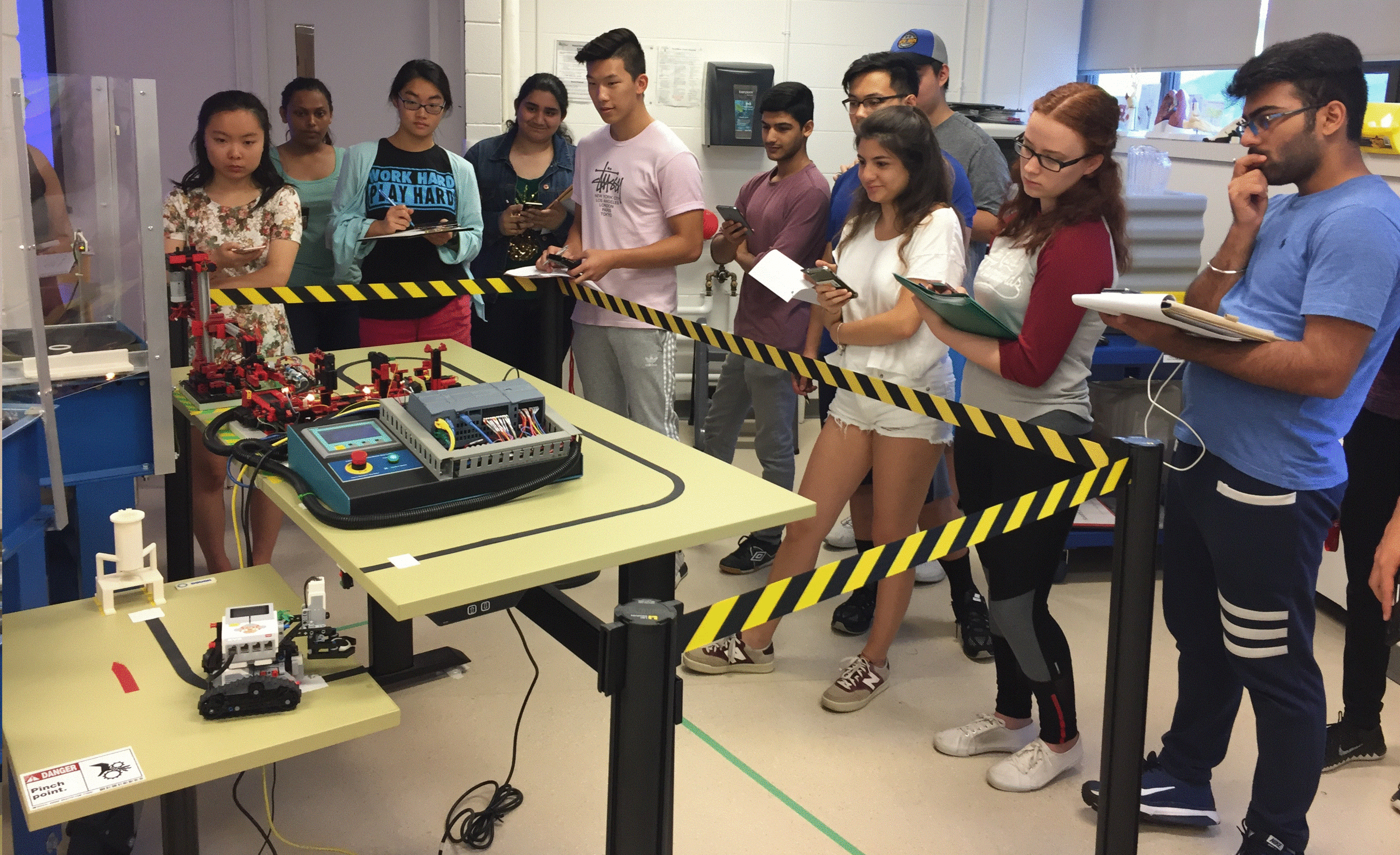Management engineering students take MSE 100 in their first (i.e. 1A) term. The course introduces students to what management engineering means - the concepts and the skills needed to be a great management engineer. This includes topics such as problem solving, personal time management, and project management.
The course is also designed to help students transition from high school to a post-secondary institution. The teaching team is aware of the differences and challenges related to this transition; as such the course teaches students how to maintain a healthy balance and to reduce stress and anxiety while in university.
Learning outcomes
Four observations drive the learning outcomes associated with MSE 100:
- Underlying management engineering is the core ability to do problem solving: what is the problem, how big is the problem, what does the problem imply, what functionality, capability is necessary to address the problem, how can this functionality or capability be created and delivered, how can it be used, how can you know if the problem is addressed? Management engineers are problem solvers. The fixers.
- Management engineering is a team sport as different skills and knowledge are normally needed to solve any meaningful problem.
- Problem solving is not routine and involves a degree of creativity, adaptiveness, uncertainty, innovation, and interpretation – not likely to solve the same exact problem twice – ever.
- The problem solving itself should be efficient and effective. It should not be ad hoc, flailing, guessing, and relying on luck.
MSE 100 is all about these four points. It is about developing problem solving skills (starting you on your journey of becoming efficient and effective at it). It is about developing a systematic approach to problem solving and working in a team. It is about learning to deal with innovation and pushing your comfort zone when dealing with uncertainty. It is about getting your act together – becoming a professional problem solver.
Case days
In MSE 100, students complete three case days. During case days, teams are given an open-ended problem at 8:30 am and asked to turn in a solution at 4:30 pm. Teams are expected to be independent and creative in their approach.

MSE 100 students observing an automated system at the start of one of their case days
Other course components
The course is structured around a number of components, including:
- Learning Microsoft Excel skills such as using formulas, pivot tables, charts, and forms
- Learning how to program using Visual Basic for Applications (VBA)
- Conducting reflective thinking
- Guest speakers on various management engineering topics (e.g. big data and the future of data analytics)
- Preparatory workshops to help students with the co-op process
About the professor

Professor Ken McKay performing field work at a local hospital
Hi,
My name is Ken.
I have been doing what we call Management Engineering for about five decades in the real world, and three decades as a professor/researcher.
The purpose of MSE 100 is to start you on your journey. It is also called the Management Engineering bootcamp.
My approach is to teach less and teach it better and make it stick. I use a number of teaching theories and methods. Part of my background is in cognitive skill acquisition and learning. So, I use the socratic method, narrative teaching, case studies, constructive failure, experiential learning, and lots of interactive activities. There is lots of team work. If you surf on what the methods imply, you will see that they are recommended methods for learning skills like problem solving and learning to learn.
Warning: the class does a class pledge – former students will not share much about the course. They do not want to spoil your learning opportunity.
Whether or not you like it or want it, I will be sharing with you my mistakes and what I have learned. Best to learn from my mistakes if you can.
-Ken McKay (link to profile)